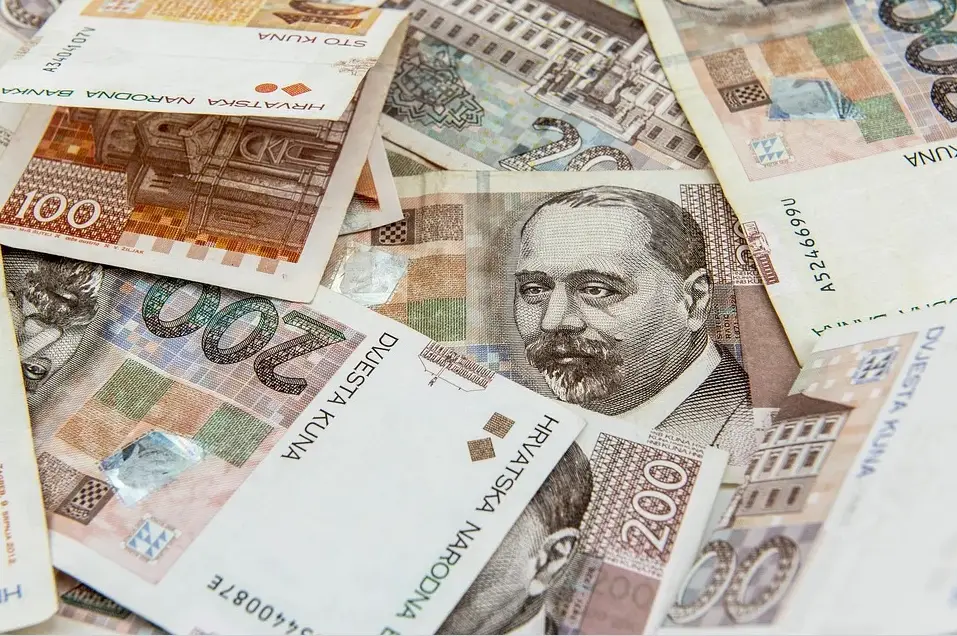
As Darko Bicak/Poslovni Dnevnik writes on the 29th of May, 2020, measures to help businesses and entrepreneurs in Croatia should be extended, AmCham warns as it discusses the Croatian economy.
The American Chamber of Commerce in Croatia (AmCham) welcomes the recent Action Plan to reduce non-tax and parafiscal levies to help the Croatian economy recover and get back on its feet during the coronavirus crisis.
In a set of recommendations to help the Croatian economy, AmCham has, among other things, announced measures to further reduce and eliminate parafiscal levies and indirect taxes. As Andrea Doko Jelusic, Executive Director of AmCham Croatia, points out, entrepreneurs in the Republic of Croatia pay around 440 parafiscal fees, which makes doing business significantly more difficult and trying for them.
“Certain levies have a general purpose, so their abolition would create a budget deficit that should be financed from other sources, and there are also a number of levies that aren’t financially burdensome, but the purpose of their actual payment is non-transparent.
A large number of indirect taxes and levies also represent an administrative burden in terms of monitoring the obligations of the payments themselves and procedures which are too complex. Entrepreneurs point out certain things as the biggest problems: an excessive number of parafiscal charges, non-transparency, financial burdens, the complexity of these procedures and the administratively demanding monitoring of payment obligations.
We believe that it is necessary to focus on further reducing the total number of parafiscal levies and the financial burden they cause,” explained Doko Jelusic.
Part of the recommendations also refers to the introduction of the possibility of transferring tax losses backwards, then deferral, ie, the exemption from paying income tax advances in 2020, offsetting mutual tax debts and the exemption from VAT payments on donations for earthquakes. They also point to the need to extend the deadline for the implementation of government measures to help the recovery of the already enfeebled Croatian economy.
”Following the end of the extraordinary circumstances caused by the coronavirus pandemic, it’s to be expected that it will take some time to restart all of the activities that have been suspended, order raw materials, contact clients and establish a regular work cycle. Therefore, it’s necessary to think about extending the measures to help the Croatian economy by three months, and in tourism by twelve months,” concluded the executive director of AmCham Croatia, which brings together about 250 American, Croatian and other international companies that employ more than 88,000 people in Croatia.
For more, follow our business section.









